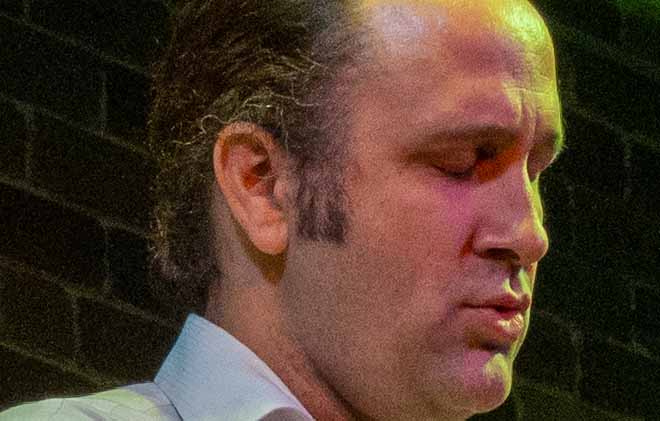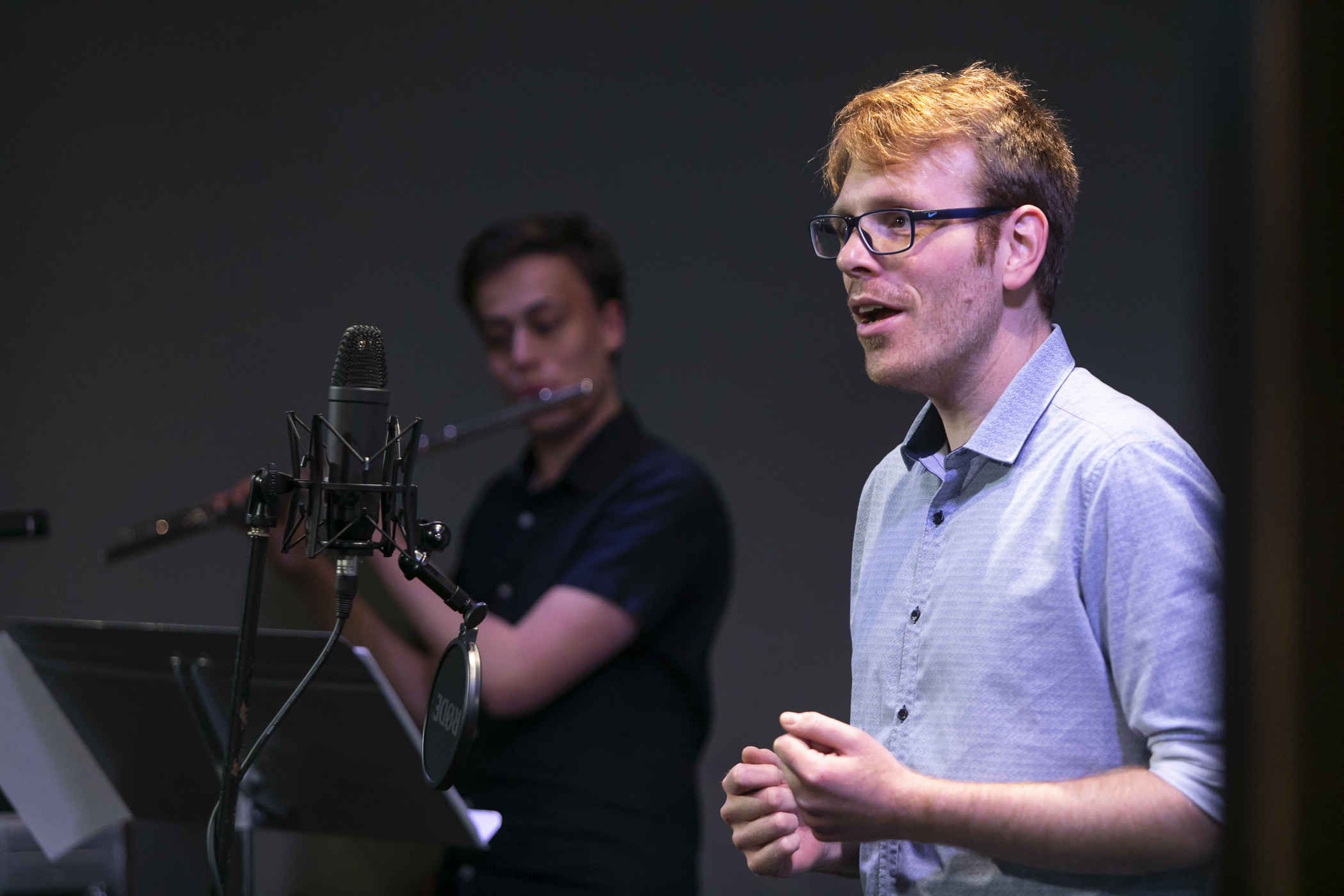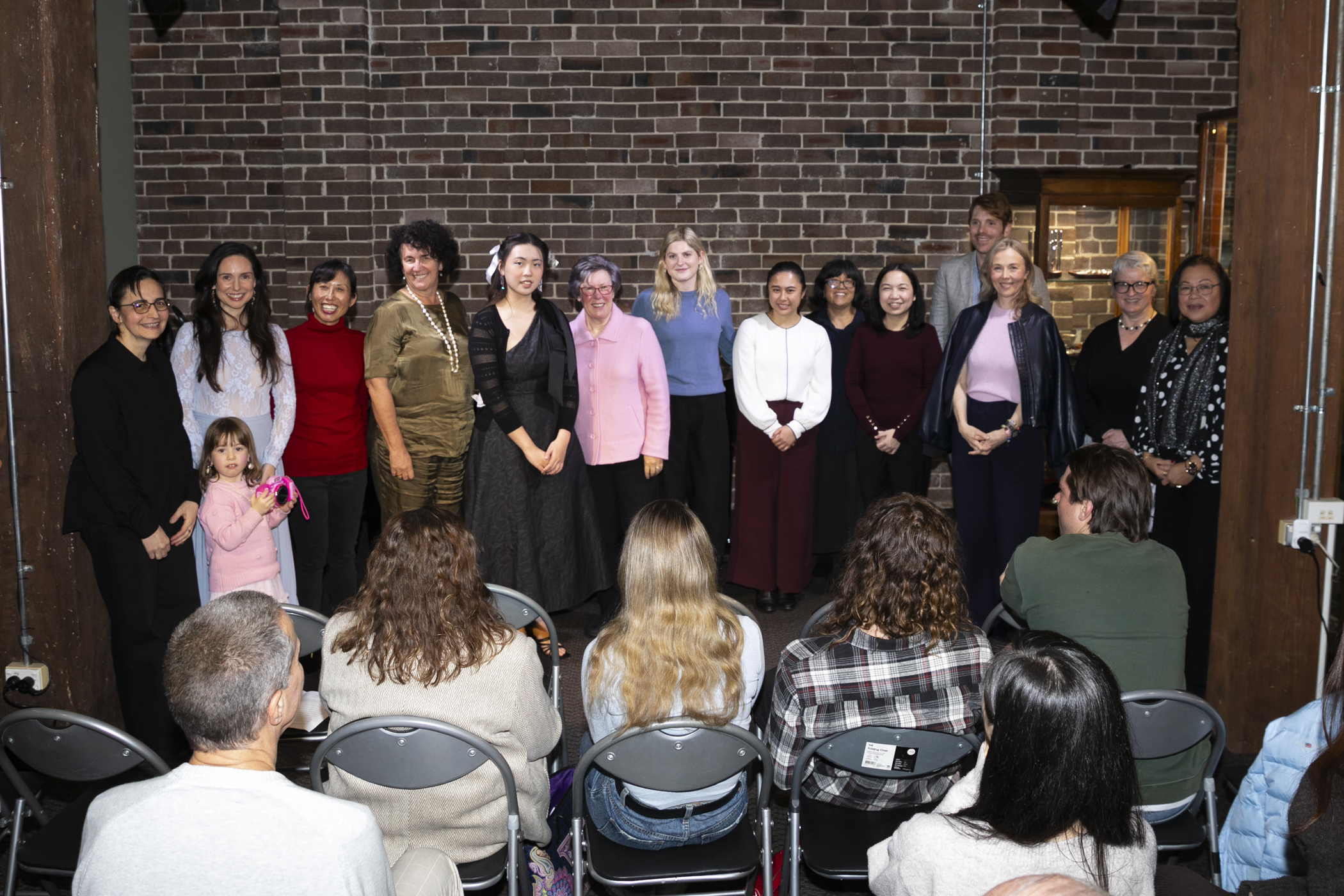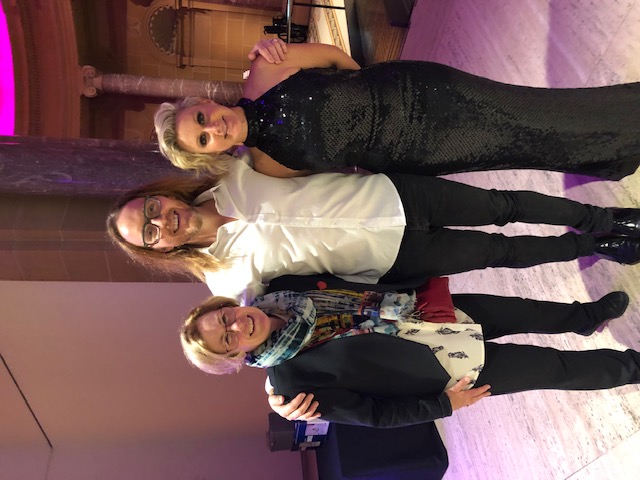How the right song choice helps you target specific singing goals
Learning to sing online has become a new normal as lockdowns continue. And whatever level your singing skills, it’s possible to still make progress on your singing goals, as the students of expert vocal coach, Kathleen Connell are experiencing.
Choosing the right song repertoire for online voice classes is similar to in-person lessons: it depends on your technical and musical capabilities and your life experience. But for singing lessons via Zoom or FaceTime, you also need to factor in audio and video stability. Unstable internet connections, lags or drop-outs can impact the flow of a lesson and song.
For this reason, Kathleen takes great care to provide singers with carefully researched and sourced song material that our studio accompanist, Alison Cameron, then records. Singers receive a study version with a ‘click track’; a metronome beat in the background and the melody line above it. (For a guide to click tracks and tempo apps, see last month’s blog.) This is vital for online learning in the event of lag or disconnection, as the student can keep singing. Alison also records a performance-only version, which is just the accompaniment. Both these song backings maximise a student’s lesson and practice time, helping them stay on track with their goals.
Most of our singers work on songs from the massive canon of music theatre songs, including those from The Great American Songbook. Some are learning Baroque and classical songs, and working on material they wrote themselves. So, online singing lessons need not be a barrier to aiming high with your singing goals!
To inspire you, here’s what some of our singers are working on, and how these songs help them develop their voice technique and craft:
Beginner
A song such as ‘The Rose’ (written by A. McBroom) is a good beginner song, with its simple rhythmic patterns, narrow range and an accompaniment similar to the melody line. Singing student Daisy is working on ‘Do Re Mi’ (Rogers and Hammerstein), another ideal beginner song, with a little challenge as the step-wise patterns move higher. David, a beginner classical singer, is learning ‘Star Vicino’ (Anon.), which is helping him develop agility in his voice.
Intermediate
Intermediate songs are terrific for online learning – they offer a little more challenge vocally, and musically in their rhythms, wider intervals, higher song registers, and accompaniments that may not always follow the melody line. These songs often include some fast-moving patterns and longer sustained sections, which help singers develop their articulation and breath flow. For intermediate singers, these songs can challenge and develop their technique and musicality enough without over stretching them mentally and in terms of time commitment – especially when learning online.
 Gina is working on ‘I Just Want to be a Star’ (Groggin), which has articulation and tempo demands and includes some chest and belt singing. She is also working on ‘My Cousin in Milwaukee’ (Gershwin), which works her transition between low and middle range.
Gina is working on ‘I Just Want to be a Star’ (Groggin), which has articulation and tempo demands and includes some chest and belt singing. She is also working on ‘My Cousin in Milwaukee’ (Gershwin), which works her transition between low and middle range.
Anne has an ambitious lockdown project. Starting with ‘Moon River’ (Mancini), a sustained song with some upward arpeggios, she moved to ‘Cry Me a River’ (Hamilton) which uses downward arpeggios and syncopated rhythms. She is now working on ‘Autumn Leaves’ (Kosma), sung entirely in French.
Some of our singer-songwriter students are working towards exciting online performance goals: Angelina has composed a series of songs over the past 16 months of lockdowns and one of those is being considered for a TikTok competition. Gemma is also working on her own song (‘Heart Break’) which will be ready to upload on Spotify in November.
Advanced
Advanced songs present stronger challenges in musical demands, vocal technique and emotional content. This requires a more intensely focused approach which can be tricky while learning online. But, under the guidance of a dedicated singing teacher, choosing a song with some known quantities, tuneful sections and specific demands will keep a singer motivated.
Nick is slowly and carefully working on the demanding pop song ‘Kissing a Fool’ (Michael), which includes fast patterns, wide intervallic patterns, a sustained head voice and well-balanced chest voice, plus emotional content that requires a depth of understanding.
Classical singer Joanna has a particularly demanding lockdown project. She adores the works of English composer Benjamin Britten, and she is patiently and meticulously working through Britten’s ‘Four Cabaret Songs’ set to poetry by WH. Auden. This poetry is piercingly insightful and the music is technically demanding, with words that need to bounce off the tongue.
Even in online singing lessons, with the guidance of an experienced singing teacher, a singer can learn to choose songs they love to sing that will also expand their vocal skills, improve their confidence and find their artistry.
Keen to explore your singing goals through online voice classes? Choose from the range of flexible lesson packages. Or to find out more, Get in touch.




